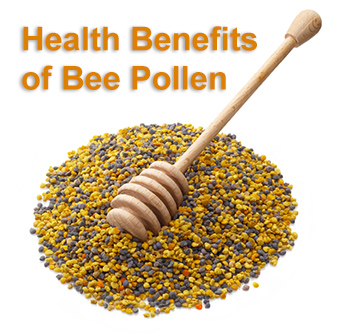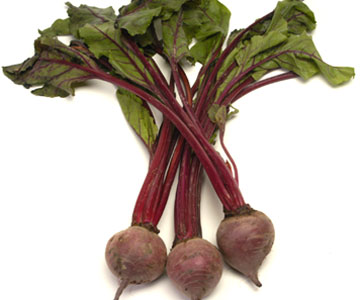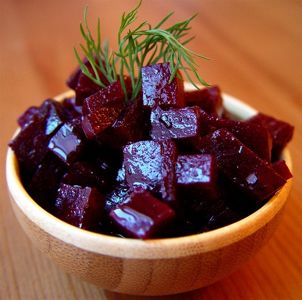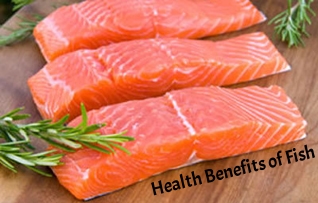
Bee Pollen, Propolis & Royal Jelly
By Gene Bruno, MS, MHS – Dean of Academics, Huntington College of Health Sciences
The common honey bee is a fascinating little...

You may have seen beets at the local salad bar, or maybe had them with dinner out of a can. The picture above is what beets look like pulled right out of the ground. The bulbous bottom is actually a root bulb and lies beneath the ground.
Beets are believed to be an excellent tonic for the liver and a purifier for the blood. They get their red color from a compound in them called betacyanin. The juice of the red beet can get messy and stain clothes and hands. But it is the red betacyanin and the fiber in the plant that is believed to be most protective against cancers like colon cancer.
Beets are loaded with potassium. Two beets have an amazing 528 mg of potassium. A hight potassium-to-sodium ratio is ideal for humans. Unfortunately the standard American diet is exactly the oposite being high in sodium and low in potassium.
Beets are an important dietary source of betaine and a good source of folate. Both of these are exceptional nutrients. Woman benefit greatly from eating beets because they help replenish the iron lost in the blood during the menstrual cycle.
Beets are excellent for juicing. And don't leave out the leaves and stems. The leaves are even more nutritious than the roots and are often tossed in the trash. If juicing beets, start with a small amount and gradually increase as days go by. Many people are not able to tollerate the juice at first, but mixing with other juices like carot and apple may help acclamate the tummy to its tonic.

The low-carb promoters often villainize the beet because of its sugar content. It is true that beets have a higher sugar content than most vegetables. In fact much of our table sugar is produced from the beet. But in its whole form (not processed) beets should not be a problem for most people unless they are severe diabetics.
Eating beets will turn the stool blood red. But don't worry, this is normal. However, beet juice is used by nutritionists to test their clients for low stomach acid. If beet juice turns your urine pink, this can be a sign(1) that you do not produce enough stomach acid (HCl). HCl in the stomach will normally break down the color in the beets before it exits the bladder. Those who show signs of low stomach acid may need to supplement with HCl. It's best to do this with the help of a certified practitioner.
Sources:
Watts, AR, et. al, Beeturia and the biological fate of beetroot pigments, Pharmacogenetics, 1993 Dec; 3(6):302-11.

Bee Pollen, Propolis & Royal Jelly
By Gene Bruno, MS, MHS – Dean of Academics, Huntington College of Health Sciences
The common honey bee is a fascinating little...

Fish for Your Health
Fish and shellfish are low in fat, high in protein, and good sources of iodine, vitamin D, and selenium—nutrients often deficient in the American...